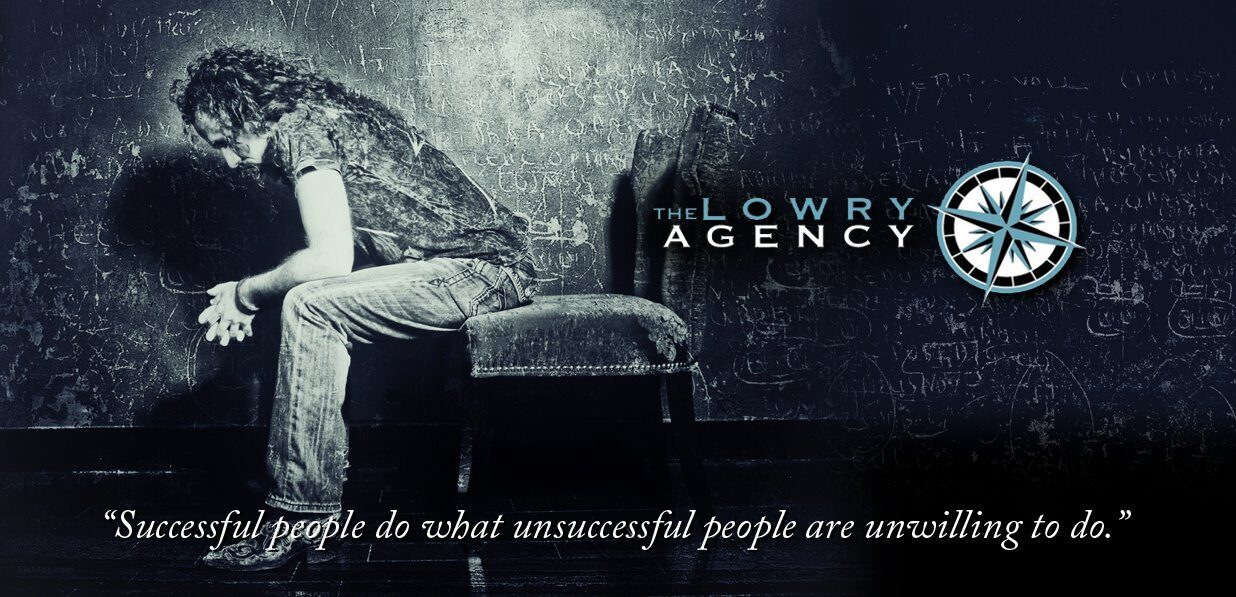By David Lowry
Now I am writing this and I am most definitely sometimes guilty of this myself because I have no patience personally for smart ass musicians on social media that think they have a need to post negative or what they deem to be “funny” comments but really just come across as arrogant or ignorant comments. This also applies to many different situations such as hitting on people who are married especially if you are married yourself, or ripping down someone’s career or event.
When on social media, the most important thing you should always think about is how you would in act in front of the people you are talking with if you were all there in person. If you wouldn’t do this in front of the person whom you are trashing, your wife or husband, friends, quittances or any other person, don’t do it at all. Never treat social media any different than if it were in public.
If you are in a crowd and I am talking with a friend who is promoting something for me to someone standing there with me, are you just going to walk up and say “oh what a waste of time and money, you don’t need that!” Of course you wouldn’t, but we seem to have no problem doing it on social media. When someone is posting about a seminar I am giving, it never fails that someone will get on there and say, “Don’t waste your money!” Who are you to say that and what compels you to? You don’t know me or my work so what experience do you have to give that makes you feel like you need to say that when you wouldn’t in public. In public if you did that, I’d fix you in a hurry. On social media we are much braver and feel invulnerable so we say what we want. Just because something is an open forum doesn’t mean that you “should,” say something just because you “can.”
On my blogs, I usually get very positive responses and feed back is ok even if I don’t agree with it, but post feedback on the blogs message board, not on the link of the person promoting it for me or whomever. It just makes you look like an ass when you have something smart to say. If you have a negative comment about something post it in YOUR own timeline. Not in the timeline of the person who is trying to do something nice.
Recently an article was written about one of my artists, and a former member of the original band started a negative rant on my clients article for no reason what so ever. It was completely and utterly ridiculous. A person’s need to take the spotlight away from someone else to showcase him or herself is so narcissistic it’s not even funny. It was a very well written article that a journalist put a lot of time and attention into writing and some “very nice person” decides to start a rant on it. Not only is it an insult to the person in the article, it is to the writer as well. As a professional or wannabe professional, keep your negative comments to yourself. There is no room for it in this business. You need to separate yourselves from the rest of the flotsam and jetsam out there.
One last thing, when someone on Facebook is showcasing another person’s link on THEIR timeline, don’t ruin it by posting your link on it too. That link wasn’t for you. I don’t care if you know the person, think its funny or for what ever lame reason you are going to give. That is the equivalent of you putting your concert poster over their concert poster. All of you in bands know how much that angers us and it is childish. You wouldn’t do it in front of me so don’t do it on Facebook either. If you want someone to post for you or get your name out there for you, develop a relationship with that person and if they like you and your music, movie (insert form of entertainment here) then maybe they will do it for you.
Quit all the stupid comments, bashing, trashing or anything else you may be thinking that is negative towards someone. Unless you are the greatest thing on the planet with a ton of success, you have no right, experience or clout to trash anyone else.
P.S. It’s usually the ones who have no success or success from WAY back in the day who do this.
Good luck!
